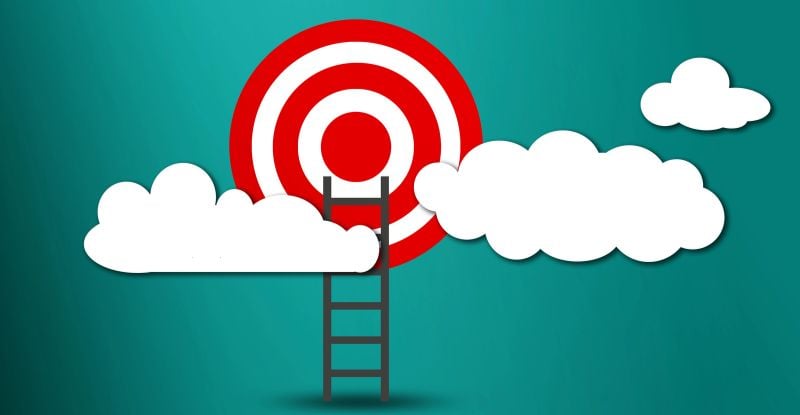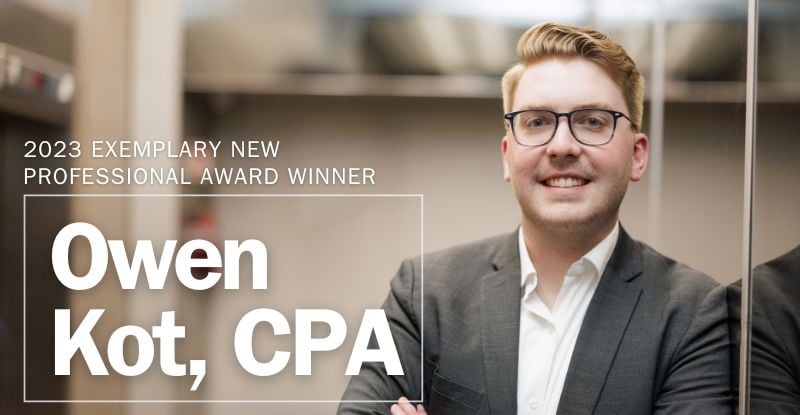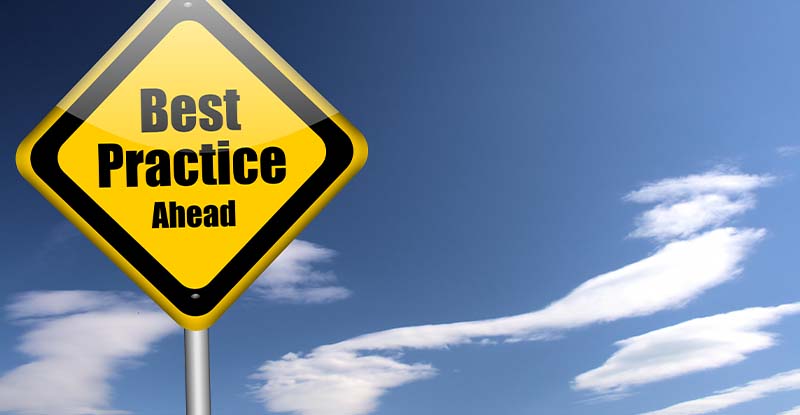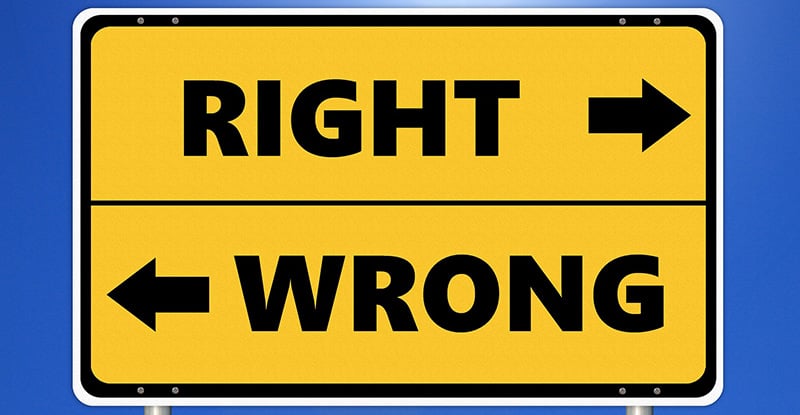Frequently Asked Questions
- The CPAWSB Learner Conduct Guide contains information about academic and behavioural conduct.
- The CPAWSB blog and the Academic Integrity Resource centre have numerous resources related to academic integrity.
Some examples of actions considered to be a breach of academic integrity are:
- Submitting another learner’s work as your own;
- Copying CPA provided solutions for assignments;
- Sharing your work with others (including electronic files);
- Including the words, ideas, work, or data of another person without reference to the original author or source;
- Theft of someone else’s work.
Collaboration between learners is an essential part of learning. It is possible for learners to assist each other with their studies without violating academic integrity.
Reviewing concepts in your own words or working through assignments with someone else can be helpful. But you should not split responses or give your work or notes to someone else. If you are still unsure about collaborating, contact your facilitator through D2L. Also, review the CPAWSB Learner Conduct Guide for information about academic integrity.
No. Learners must always cite the direct source when referencing materials (for example, the Income Tax Act vs CPA Canada Handbook vs CPA Canada Learning eBooks). Improperly citing or failing to cite the author or original source of any CPA provided resource or outside resource is considered plagiarism.
Yes. You must always cite another person's ideas whether you are paraphrasing them or using them directly in your response.
No. Formal citation methods do not need to be used; however, you must cite any source you include in an assignment. For example:
- If you are using the information in your assignment from reading the CPA Canada Learning eBook,
Per Chapter XXX of the CPA Canada Learning eBook…
In addition to using proper citations, you must use quotation marks when you copy exact phrases, sentences, and paragraphs from a source.
Example:
- Per Section 85 of the Income Tax Act, “the amount that the taxpayer and the corporation have agreed on in their election in respect of the property shall be deemed to be the taxpayer’s proceeds of disposition of the property and the corporation’s cost of the property.”


.jpg?ext=.jpg)





.jpg?ext=.jpg)












